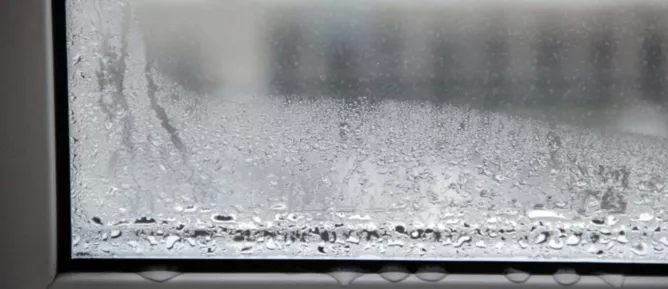According to a research published in 2010 by the Building Research Association (Branz), about a third of New Zealand's houses are believed to be too cold in winter, with indoor temperatures below the World Health Organisation recommended minimum of 18 degrees.
Although winter comes as no surprise, many of us may not be ready for its arrival but if you prepare your house for the hazards of winter, you are more likely to stay safe and healthy when temperatures start to fall.
Who is affected?
Taking into consideration the current pandemic, Otago University public health professor Philippa Howden-Chapmansaid that living in cold, damp homes depresses people's immune systems, making them susceptible to viruses and more vulnerable to Covid-19.
Respiratory conditions, like asthma, can be exacerbated by the cold, even more so if there are damp and mould issues in living spaces. This is often the case in under-heated, poorly ventilated homes. People with respiratory disabilities, children and the elderly fall into higher risk categories.
What to do for a warmer, drier home?
According to energywise.govt.nz, the three essentials to create a healthy, energy efficient home are: keeping your home warm, ensuring your home is dry, and airing it out regularly.
Cold indoor temperatures are often a consequence of outdoor temperatures given by structural deficiencies, including a lack of insulation and airtightness, draughts and cold air coming in from the outside and lack of heating.
There are certain measures to take to ensure that your home is properly heated and well prepared for winter. Here are some ways you can prepare your home for another cold season:
- Warm your home. Very cold rooms are more likely to get damp and mouldy. If you don’t have central heating, consider using a heater directly in the room you want to heat - and keep the door shut. Lesspowerful heaters are cheaper to run, but they also take longer to heat a room and may end up costing you more.
- Ventilate. Open windows and doors regularly during the day to remove moisture and prevent damp and mould.
- Make the most of the sun. Draw curtains at dusk to keep the day's heat in. The best curtains have a separate lining and are fitted close to the window, wide enough to generously overlap the window frames at the sides and long enough to touch the floor.
- Insulate and draught-proof your home. Sealing windows and doors is one of the most cost-effective ways to reduce heat loss and also to reduce your heating bills. Identify the leaks, do the easy fixes first and invest in long term solutions as you can afford it. It is very important that insulation is installed correctly or it becomes much less efficient.
Draught-proof your home
To draught-proof your home you should block up unwanted gaps that let cold air in and warm air out. Saving warm air means you will use less energy to heat your home, so you'll save money as well as making your home snug and pleasant for an atypical winter that will see kiwi families spending longer periods at home.
Want to know how to test your windows for draughts? Click here to find out more
Need an expert to assess and repair your windows & doors for draughts? If
If your home needs long lasting, efficient draught proofing this winter, we can be of assistance . All of our local Exceed teams around NZ are back to work, fully operational and able to help customers.
Our team has put in place H&S procedures to ensure our customers and teams are kept safe while onsite.
Exceed - we fix windows & doors arrives at your property with our well equipped vans with everything we need to solve any draught issues you may have.
0800 25 25 00
or
request a call back
or
request a visit online




